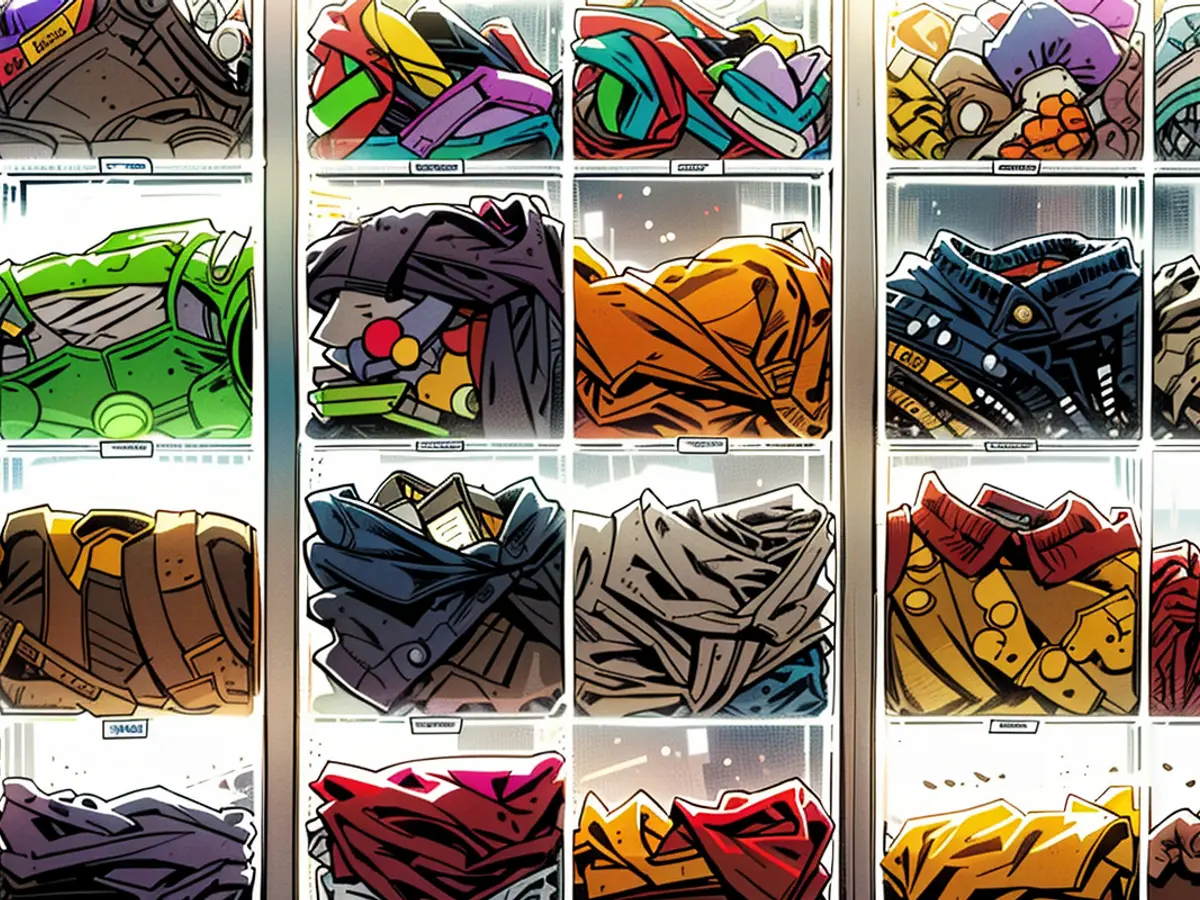The escalating amount of cannabinoids in confectionery items is noteworthy.
In the Sweets Industry, Cannabinoids Are Frequently Discovered Across Europe. Items that can be mistakenly thought to be ordinary items by children, such as candy, chewing gum, honey, syrup, soda, and cookies, are especially impacted, as mentioned by the Federal Office of Consumer Protection and Food Safety (BVL). In 2022, there were 20 rapid alerts exchanged via the European warning system RASFF regarding these interchangeable items containing cannabinoids. Some of these products contained the psychoactive hexahydrocannabinol (HHC), which is currently prohibited for sale in Germany. Contrarily, CBD products cannot be sold as they have yet to receive approval as novel foods.
The number of reports on items containing cannabinoids more than doubled, rising from three percent in 2022 to six percent the following year, according to the BVL. In total, there were approximately 4,700 reports of potentially hazardous food, feed, and food contact materials from the authorities of the 31 member states. "This is a new benchmark," stated a notice.
Almost one out of eight reports (592) was submitted by German authorities. Germany was the destination for the reported product in one out of five instances, with food being the most affected category.
The most frequent reasons for warnings in the RASFF database, similar to previous years, were pesticide residues in fruit and vegetables from Turkey and salmonella in poultry from Poland.
In this context, the Sweets Industry in Europe has seen an increase in the discovery of cannabinoids, with rapid alerts issued for over 20 interchangeable items containing these substances. In relation to this, the number of reports on such food items doubled the following year, according to the BVL.








